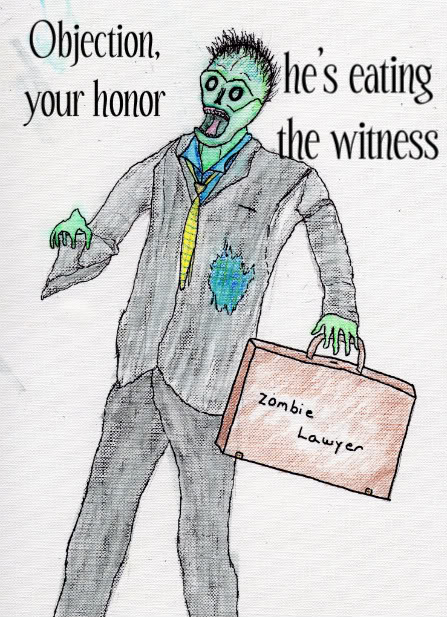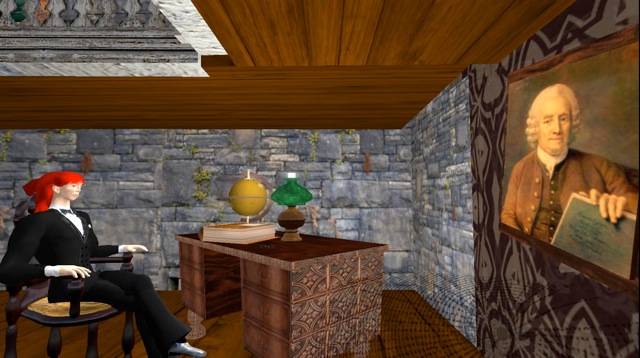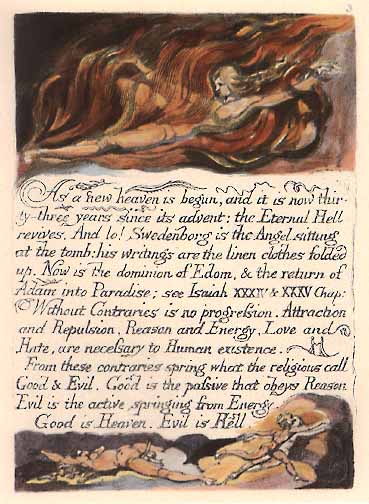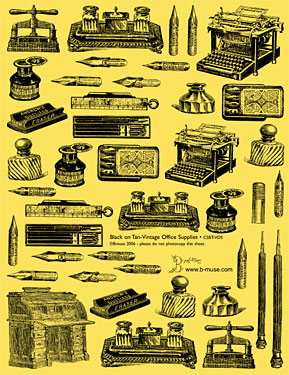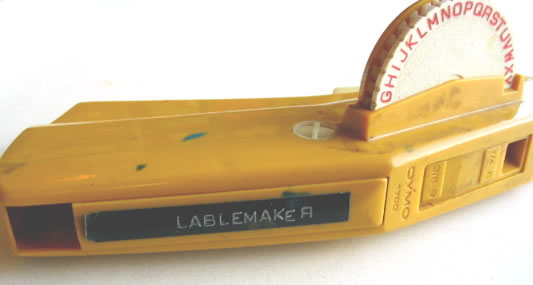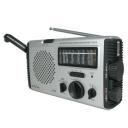St. John’s is truly like no other institution of higher education. Have a look at the reading list that constitutes the curriculum.
It’s easy to poke fun at a way of learning that, aside from some Supreme-Court decisions in the fourth year, includes no works written by anyone still alive. The emphasis on Great Books, it appears, does not include any consideration of networked technology and its impact on us.
To that end, apparently, St. John’s faculty voted to “discourage” iPads loaded with Descartes or Sophocles from coming into the classroom. You can read more about the decision and follow the commentary flame-war, at this story in The Chronicle of Higher Education.
I’m a contrarian by nature, so part of me, at a distance, loves the attitude of this liberal-arts school. I think of resistance every day, whenever I see my students rushing between classes, gazes frozen. They work both hands frantically to text someone, as they notice nothing around them.
I wonder if just yanking the damned things from their hands and smashing them would help.
Well, it would help me to get arrested and fired.
Ostensibly, St. John’s revolt against what Neil Postman called a culture of “And Now This!” was to insure that students had the same editions of all of the texts used in seminar. Faculty also do not want students distracted, something I’ve seen again and again in our writing lab or even with laptops in traditional classrooms. I ban laptops except for taking notes, and the students must send me copies.
Were I a faculty member there, as a contrarian I’d insist on only e-texts for my students. I’d make them do annotations and share ideas via a blog. I dislike the iPod’s lack of Flash, a technology I use to collaborate with a co-writer via Google Docs. But the platform is less important than how we use the knowledge it bears. I’d do my best to make the Great Books hip. The ideas in them are, after all, undying. If they are too frail to survive an ADD time, we are truly in trouble as a civilization.
And I do think we are in trouble, from the rise of anti-scientific thinking, to the loss of nuance and decorum in spoken language, to the waning interest in the unmediated experience of reading for its own sake. Then there are climate change and resource depletion, the monsters in the room we choose not to acknowledge.
Recommendation to St. John’s: stay the course, but add Postman’s Amusing Ourselves to Death to your fourth year. He raises an enduring question as networked technologies literally change the structure of children’s minds. As I noted in my comment at the Chronicle, St. John’s reminds me of heirloom varieties in a monoculture of GM crops.
We may need to same that DNA again one day, when the lights flicker and our wonderful inventions do not return all of the promises we have come to demand.
